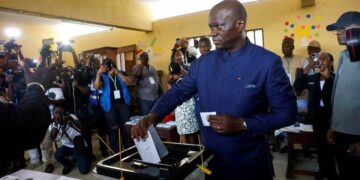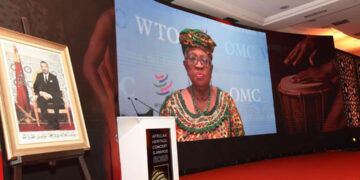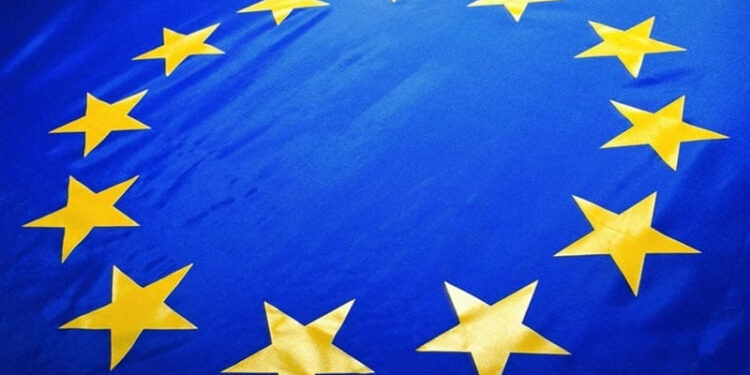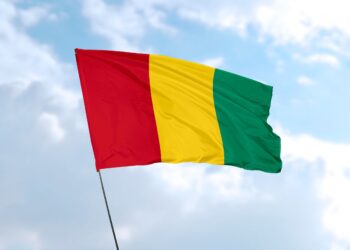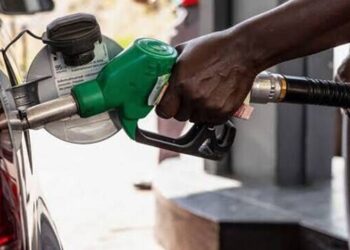By Ebi Kesiena
The European Union has announced a significant boost to its humanitarian aid efforts across Africa, committing a total of €750 million for the year 2025 to support communities struggling with multiple humanitarian crises.
The new funding is aimed at addressing urgent needs caused by conflict, food insecurity, climate change, and socio-political instability.
A major portion of the funding, €258 million has been allocated specifically for countries in the Greater Horn of Africa, West Africa, and Central Africa.
According to EU Commissioner for Preparedness, Crisis Management and Equality, Hadja Lahbib, the continent is facing growing challenges that continue to destabilize entire regions and uproot millions from their homes.
“Across Africa, complex challenges including security threats, political instability, and socio-economic disparities are fuelling humanitarian crises. These crises displace entire communities and cause widespread food insecurity,” Lahbib said.
In the Greater Horn of Africa, €107.5 million will go towards supporting the most vulnerable communities. These include people affected by protracted conflict, environmental disasters such as drought and floods, and those struggling with food and nutrition insecurity.
The region is in dire need, with an estimated 70 million people requiring humanitarian assistance. The ongoing conflict in Sudan, which has triggered widespread displacement and violence, remains one of the key drivers of need in the region.
West and Central Africa are also seeing a worsening humanitarian landscape. The EU has earmarked €150.6 million to support countries battling insurgency, armed conflict, and internal displacement. These funds will be used to provide life-saving assistance including food support, healthcare services, nutrition, clean water, sanitation, hygiene, and education for children in crisis-affected areas.
The increase in humanitarian funding reflects the EU’s broader strategy to remain responsive to escalating needs across the continent. In many areas, the combination of conflict and climate shocks has pushed millions into extreme poverty and forced migration.
“The EU remains a reliable partner providing emergency assistance to Africa’s most vulnerable populations,” Lahbib noted. “As humanitarian needs grow and resources become more limited, bridging this gap is becoming ever more urgent.”
In recent years, humanitarian crises in Africa have become more protracted and complex. In the Sahel region, for instance, years of armed violence and military coups have left large swathes of the population reliant on external aid. In the Horn of Africa, a multi-year drought, coupled with violent conflict in Ethiopia and Sudan, has plunged millions into food insecurity.
The EU’s funding announcement has been welcomed by humanitarian organizations operating in the region, many of whom have warned that shrinking international support threatens to derail ongoing aid efforts. As global attention shifts to emerging crises in other parts of the world, aid groups have been urging donors not to forget Africa, where the majority of the world’s poorest and most vulnerable populations reside.
Lahbib stressed that the European Union remains committed to delivering emergency relief while advocating for long-term solutions to the root causes of instability. “Providing humanitarian aid is just one part of the equation,” she said. “We are also focused on supporting peacebuilding, resilience, and development to ensure communities are not just surviving, but eventually thriving.”












